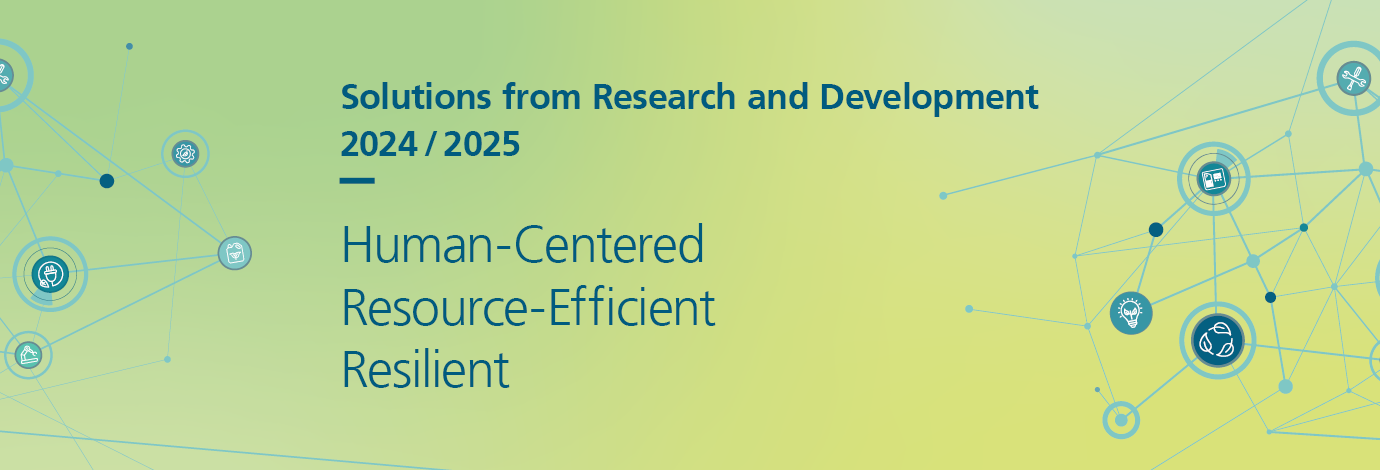Work on the shop floor today is more demanding than ever before. Machines are becoming more complex to operate, optimally configuring processes is becoming more difficult – at the same time, quality demands on the production result are increasing. Even highly qualified and experienced specialists are finding it increasingly difficult to run processes optimally. But in many cases, such machine operators are now in short supply – manufacturing companies often rely on lateral entrants or temporary workers who lack the specific know-how for the existing systems.
In order to ensure the best possible production under such conditions, Fraunhofer IPK is pursuing a two-pronged approach. On one side, we are developing context-based assistance systems that meet manufacturing employees exactly where they stand. They provide process or machine knowledge as needed and support the execution of set-up or maintenance work, in several languages if necessary. At the same time, we make sure that support is designed in such a way that employees neither feel disempowered nor helplessly at the mercy of the process.
On the other hand, we support companies in training their staff for new tasks in the best possible way. No assistance system in the world will replace people's decision-making skills in the near future, especially in extraordinary situations. This is why we develop educational games and environments that introduce employees to new methods as well as AI-based tools that support companies in identifying suitable continuing education programs.
 Fraunhofer Institute for Production Systems and Design Technology
Fraunhofer Institute for Production Systems and Design Technology


